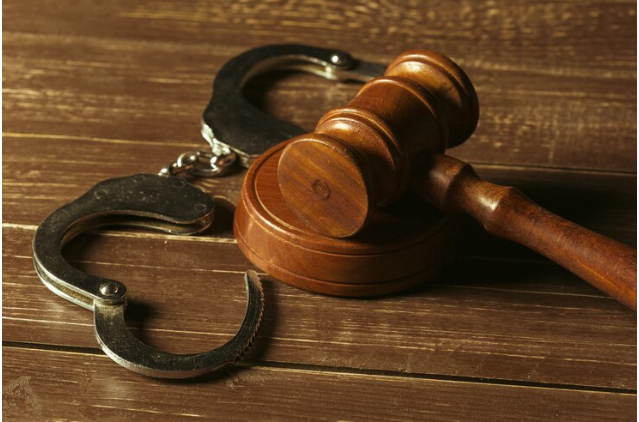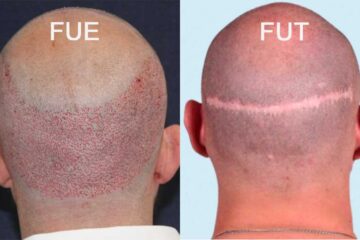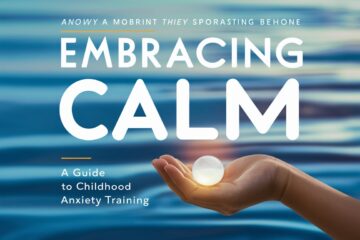Key Takeaways:
- Understand the different categories of manslaughter and their legal implications.
- Learn about the importance of legal representation and strategies for defense.
- Explore the psychological and social impacts on individuals and families involved.
- Acquire knowledge about steps to take if you or someone you know is accused of manslaughter.
- Access external resources for more comprehensive legal information.
What is Manslaughter?
Manslaughter is a form of homicide, but it is generally considered less severe than first-degree or second-degree murder. Unlike murder charges, manslaughter does not involve premeditation or malice aforethought. People accused of such a crime often find themselves in urgent need of a manslaughter lawyer to help navigate the intricate judicial process. Understanding the categories and nuances within manslaughter can be crucial for anyone facing these charges, as each type carries different legal implications and penalties.
Types of Manslaughter
Manslaughter can be categorized into different types, each with distinct legal definitions and consequences. Here are the primary types:
- Voluntary Manslaughter: This type occurs when someone kills another person in the “heat of passion” due to provocation that could cause a reasonable person to become emotionally or mentally disturbed. The classic example is a person who comes home to find their spouse in bed with someone else and, in a moment of blind rage, kills the spouse or the third party.
- Involuntary Manslaughter: This involves an unintentional killing that results from reckless or criminally negligent behavior. An example would be accidentally discharging a firearm while cleaning it, which results in someone’s death.
- Vehicular Manslaughter: A subset of involuntary manslaughter, this involves the unlawful killing of someone through negligent or reckless driving. For example, a driver texting while driving who inadvertently causes a fatal accident could be charged with vehicular manslaughter.
The Importance of Legal Representation
Manslaughter charges can be life-altering. Therefore, competent legal representation is essential. A skilled lawyer can navigate the legal complexities, build a robust defense, and potentially mitigate the consequences. They emphasize that the right legal strategy can make a significant difference in the trial’s outcome, sometimes reducing the charges or even leading to an acquittal.
Defensive Strategies
Disproving Key Elements
One fundamental strategy for defending against manslaughter charges involves disproving key elements of the prosecution’s case, such as intent or recklessness. For instance, if someone is charged with involuntary manslaughter, the defense may argue that the actions were not reckless but rather a tragic accident. A detailed examination of evidence and testimonies can help establish this narrative. It’s critical to scrutinize every detail, from the circumstances leading to the incident to the character and history of the accused.
Character Witnesses and Evidence
Character witnesses play a pivotal role in defending against manslaughter charges. These witnesses, often including friends, family, and colleagues, can attest to the defendant’s character, reliability, and emotional state. Additionally, evidence showcasing the defendant’s history and mental condition can be critical. For example, medical records showing a lack of violent behavior or any propensity for recklessness can help paint a different picture for the jury, challenging the prosecution’s narrative and potentially leading to a more favorable outcome.
Psychological and Social Impact
Beyond legal ramifications, being involved in a manslaughter case can have profound psychological and social impacts. The accused and their families often face immense emotional stress, severe stigma, and financial burdens. The emotional toll can be devastating, affecting relationships, mental health, and overall well-being. It’s essential to seek support from mental health professionals and join support groups to cope during this challenging time. For families, understanding the emotional stages—such as denial, anger, bargaining, depression, and acceptance—can help in navigating the psychological impact and facilitating healing and support.
Steps to Take If Accused
If you or someone you know is accused of manslaughter, taking immediate and appropriate steps is crucial. The following guidelines can help:
- Don’t Panic: Staying calm and composed is critical. Panicking can lead to irrational decisions that might further complicate matters.
- Find Legal Counsel: Secure a skilled attorney specializing in criminal defense as soon as possible. An experienced lawyer can provide invaluable guidance through the complexities of the legal system.
- Collect Evidence: Gather any evidence that might aid your defense. This includes eyewitness accounts, surveillance footage, and any other relevant material.
- Stay Quiet: Avoid discussing your case with anyone other than your lawyer. Anything you say could potentially be used against you in court.
Conclusion
Manslaughter charges carry serious consequences, but understanding your legal options and the steps you need to take can help you navigate this challenging time. By being informed about the types of manslaughter, the importance of legal representation, and the psychological impacts, you can better prepare yourself for the journey ahead. Utilize external resources and consult a competent lawyer to ensure the best possible outcome. The more informed and prepared you are, the better your chances of successfully navigating the complexities of manslaughter charges.
Keep an eye for more news & updates onDiscoverTribune.Org!




